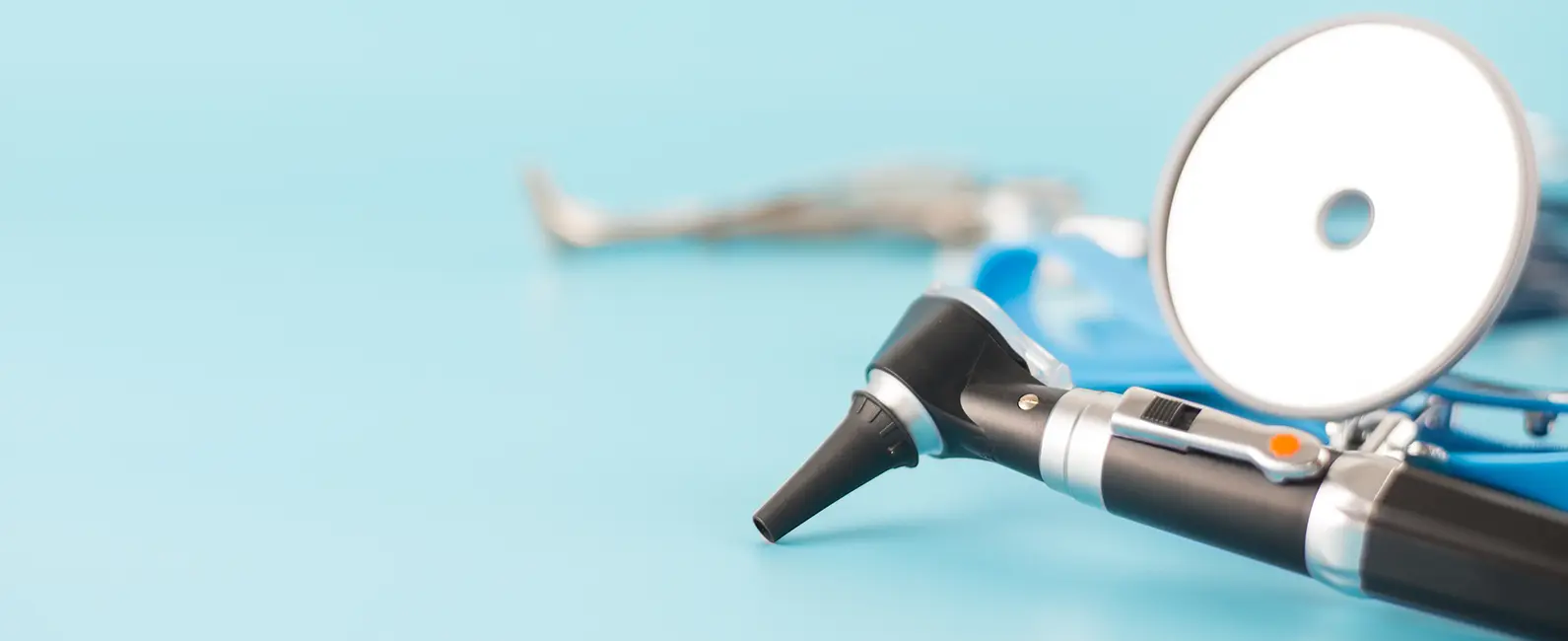Postoperative advice following major ear surgery
The following information is compiled to aid you in making a complete recovery.
Initially, after any type of surgery (especially if it is under general anaesthetic) you may feel tired, sleepy and disorientated, that is why is not advisable to drive or operate machinery within 48 hours after (legally your driving insurance company may not cover you in the event of an accident). Depending on the type of ear surgery you have undergone, you will need to remain off work for 1-2 weeks. Please contact to ask for advice. If there is increasing pain, tenderness, redness or heat over the ear contact Mr Martinez-Devesa, the hospital or your G.P.
You will have received painkillers in to take home. Please do not exceed the maximum doses of Paracetamol, Ibuprofen or Codeine. Do not take more than 8 tablets of 500mg of Paracetamol, 6 tablets of 400mg of Ibuprofen (Neurofen) or 4 tablets of 60 mg of Codeine in any 24hr. period. If these tablets do not control your pain, check with your G.P. before trying any other medication.
During the operation dressings will be placed in the ear canal and a cotton wool ball placed on the outside. If you have a cut behind your ear, it will be sewn up with stitches under the skin that will dissolve and do not need to be removed. The cut will be covered with sticky paper strips, which you can peel off 1 week after your operation. If you feel worried about this, they can be taken off in the first appointment 2-3 weeks after surgery.
Following ear surgery, you may experience the following symptoms:
- Noises in the ears (ringing, buzzing, humming, squelching noises), which may be new, or louder if they were present before the operation.
- Mild dizziness (spinning sensation)
- Changes in the taste (usually metallic taste)
- Hearing loss and muffled hearing (like under water).
- Oozing from the operated ear (blood-stained discharge).
- Occasional sharp shooting pains (you may need a few days of pain killers)
Most of these symptoms will settle within a few days, occasionally they can be persistent for weeks or longer.
To speed recovery and prevent complications after some ear operations, you may have been prescribed ear drops to apply to the dressing in the ear canal:
- First take off the cotton wool if present
- Then apply 2-3 drops in the ear canal while lying on your side with the operated earup
- Do not touch the dressing deep in the ear
- Replace with a fresh cotton wool ball afterwards
- The drops are used twice a day until the dressings are removed.
Do not get the skin wound wet for seven days, including hair washing, after that you can remove the covering paper strips, wash it and dry it. Remember to keep the ear canal dry at all times. When you shower take out the dry cotton wool plug and replace it with another one smeared with Vaseline. When you have finished washing, throw away the Vaseline plug and replace with dry cotton wool.
In general you will have an appointment 2-3 weeks after your operation to have the dressings removed. Several appointments may be required to ensure the ear heals properly. Approximately at 8-12 weeks post operatively your hearing can then be tested. 1-2 weeks should be sufficient time off work for most circumstances.
If part of your operation involved repair or replacement of your bones of hearing, then you should avoid any vigorous head movements for at least 4-6 weeks.
If you develop weakness on one side of your face, fever, severe spinning dizziness, increasing pain and/or ear discharge please contact Mr Martinez-Devesa, the hospital or your GP for further advice.
Ideally 6 weeks should pass before flying, however there is evidence of flying being safe even shortly after the operation.
In most cases it is safe to swim after 3 months.

